Elephants, Elephants, but let’s not forget the Giraffe! November 17
- Kathy Moore & Bev Hooper
- Nov 17, 2023
- 2 min read
We left camp under grey skies that soon turned to rain as we set off for the day. It rained moderately hard for about two hours. (Keep in mind that our whole rain intensity assessment scale has changed since we have been in Kenya, so in Canadian standards, it was a downpour!)
Not far into our day's walk, we came upon a huge herd of giraffe - about 20 the drovers counted. The herd watched in fascination once again coming closer before deciding to exit across a tarmac road. We then started seeing the elephants, first 4, then a herd of approximately 10 with some very young babies. Later, another 12 strolled beside us. The inclement weather made taking clear photos a little hard, but we’ve included them - you’ll get the picture! Other wildlife today included Cape buffalo, eland, hartebeest, ostrich, Thompson gazelle, zebra, and wildebeest. It was quite the day, and we ended after 25.6 km with partially sunny skies in camp. Everyone was quite tired, a few opting to ride a camel for the first time.
The team have made it to Maktau. Today, other than some photographs, there is little to show that Maktau was once a major armed camp, defended by a complex of trenches, sun emplacements and outposts. The (dis-used) railway from Voi to Taveta is perhaps the last physical link to this period, other than the Commonwealth War Graves Commission Cemetery located close to the railway station.
Records from this period are limited, yet photographs from the time show a bustling camp, sprawling over hundreds of acres with aircraft hangars, hospitals, water storage tanks and numerous temporary buildings (including a squash court) linked by wide avenues and neat rows of tents. Extract from https://oldafricamagazine.com.
On 14 August 1914, when the First World War began, the Teutonic offensive began, and the Queen's army was forced to retreat thirty kilometres to the east along the railway. The outpost was Maktau station, not far from the Taita hills.
Here, one of the bloodiest battles in Kenyan history took place.
The Germans, who had conquered Taveta, blew up a bridge along the railway and tried to close off every passage of the British to force a complete retreat.
From then on, there were four years of continuous reprisals. Her Majesty's army, reinforced over time, managed to create a fort in Maktau that was a real city with 20,000 soldiers and 15,000 porters, labourers, and servicemen. This extract was written by: Freddie del Curatolo
















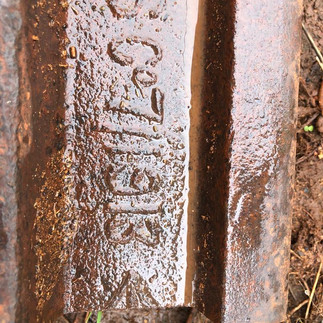

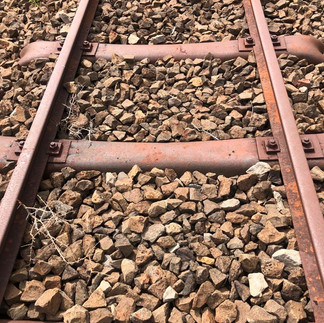

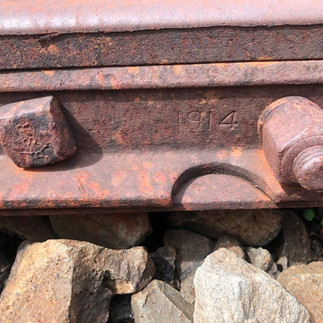

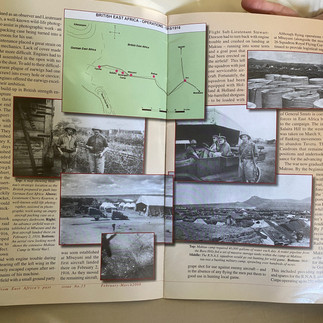




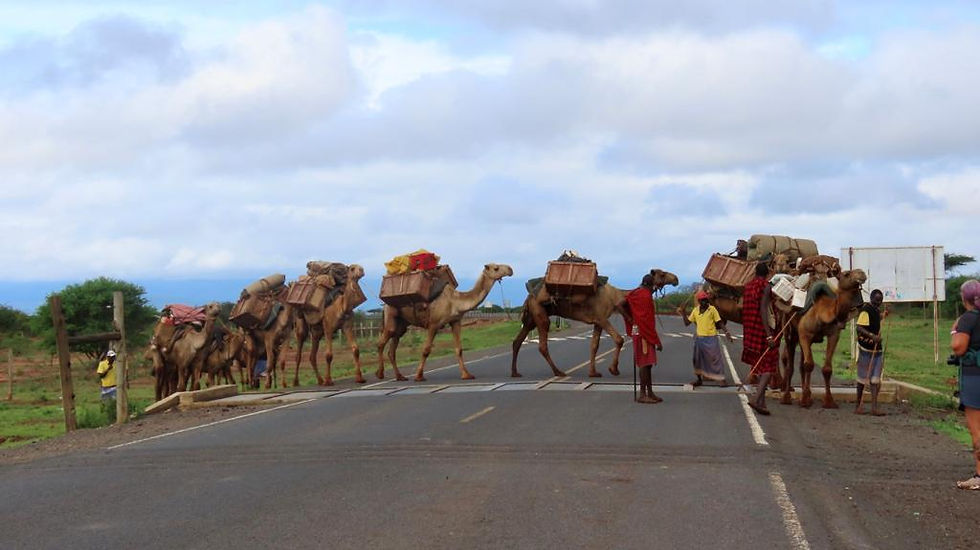


Comments